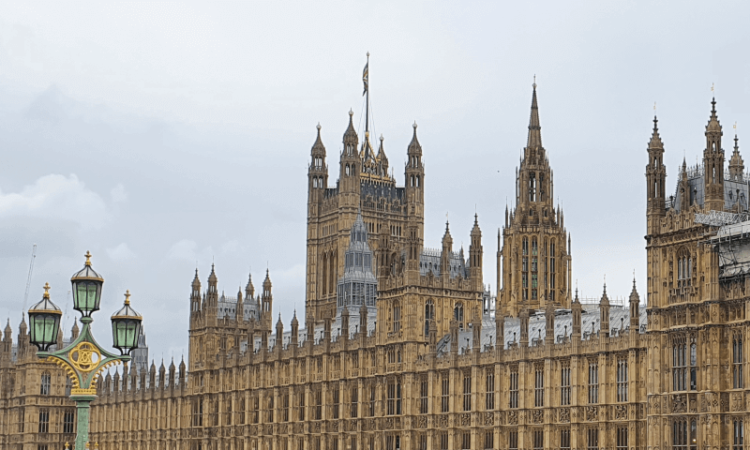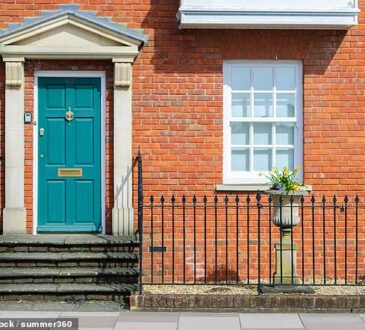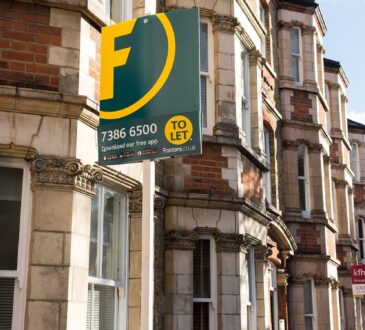Government urged to use new ‘portal’ to ‘shift balance of power’ on accessible housing – Disability News Service

The government must ensure that accessibility information is included on a new online “portal” that will offer key facts about properties being rented privately by landlords, say two disabled people’s organisations.
The government plans to set up the new privately rented property portal (PRPP) service through its renters (reform) bill, which has reached the report stage of its progress through the Commons.
Under the plans, all landlords in England will have to register themselves and their properties on the portal but the government has yet to decide what information they will have to make publicly-available.
There was almost no discussion of disability issues during the bill’s committee stage (PDF), and no MPs from any party appear to have called for information on the portal to include whether the flat or house is accessible.
Disability Rights UK (DR UK) and Inclusion London have both been pushing the government to ensure that landlords will have to include information about the property’s accessibility, including in written evidence to MPs who took part in the committee stage.
Last week, Inclusion London, DR UK, the charity Advice for Renters and accessible housing specialists Branch Properties met with civil servants from the Department for Levelling Up, Housing and Communities (DLUHC) to call for landlords to be obliged to include information on accessibility.
Laura Vicinanza, Inclusion London’s policy and stakeholder engagement manager, said the government had agreed to consider their proposals, but she said DLUHC did not appear to “fully grasp” the difference between existing guidance for landlords and the need to record basic accessibility features of their properties on the portal.
She said: “Housing is a fundamental part of independent living, a cornerstone for Deaf and disabled people who, like our non-disabled counterparts, want autonomy, choice and control over our lives.
“However, the reality is that many of us reside in homes which fall short of meeting our accessibility needs and being able to live in a truly accessible and affordable home is often a postcode lottery.
“We believe that all Deaf and disabled people should have the right to live in a home that is accessible to us.”
She said the progressive loss of social housing meant that many Deaf and disabled people – almost a fifth of them – now rely on private rented accommodation, while many need accessible homes.
She said that one in three disabled private renters are living in unsuitable accommodation.
She said: “We believe that if landlords were required to record accessibility features of the properties they rent out, it would make it easier for disabled renters to find a home that meets their needs.
“Most landlords in the private rented sector do not provide any information about the accessibility level of their properties and they certainly do not prioritise providing information about it, especially in cities like London with rising rents, competition between tenants and bidding wars.”
DR UK is also sceptical that the government understands this to be a rights issue.
Mikey Erhardt, from DR UK, said: “Accessible, affordable housing is a human right.
“As disabled people, we are paying the price for government policy, which has failed across the housing system.
“We know there are few structural incentives to be a so-called ‘good landlord’, if such a thing exists.
“We need major changes that shift the balance of power so we can all have the quality, affordable homes to which we all have a right.
“The property portal could be a good first step in empowering local authorities to understand their unique local housing contexts.
“Knowing the property accessibility features would allow local authorities to take action, whether via local plans or enforcement measures, to improve their housing stock significantly.”
DLUHC said yesterday (Wednesday) that it was considering what information would be recorded on the portal and made available to the public, and would outline this in regulations, and that it was working with stakeholders to understand what information would be essential for tenants and prospective renters.
It said it had heard the recommendations made by Disability Rights UK and Inclusion London and would consider how the portal could benefit disabled people and those with accessibility needs.
But DLUHC also said that any information publicly displayed would be tested against landlords’ data privacy rights.
Meanwhile, the Commons levelling up, housing and communities committee has launched an online survey as part of its inquiry examining how the government can ensure disabled people have access to accessible and adaptable housing in England.
The survey will gather disabled people’s experiences of finding or adapting suitable housing, including their views on applying for the disabled facilities grant.
The closing date for responses is 15 February.
A note from the editor:
Please consider making a voluntary financial contribution to support the work of DNS and allow it to continue producing independent, carefully-researched news stories that focus on the lives and rights of disabled people and their user-led organisations.
Please do not contribute if you cannot afford to do so, and please note that DNS is not a charity. It is run and owned by disabled journalist John Pring and has been from its launch in April 2009.
Thank you for anything you can do to support the work of DNS…




